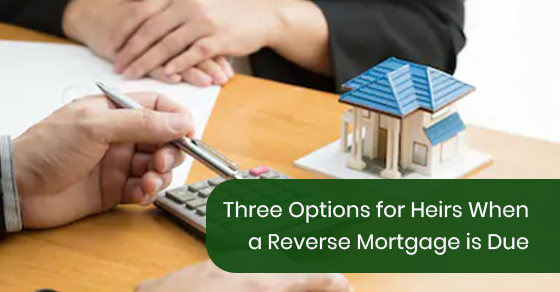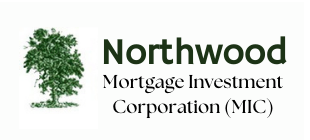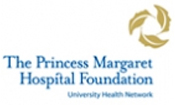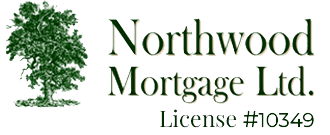If you currently have a reverse mortgage, then you probably know when your loan will need to be paid. In most cases, the loan will be due when the person dies, no longer lives in the home on a permanent basis, or decides to sell their property. Here, we will be focusing on what happens to heirs when the original owner passes away. In other words, we will be looking at the three options that heirs have for paying off the loan; namely, selling, keeping, or simply walking away from the home.
Option One: Sell
The first option at your disposal is to sell the home that you have inherited. Taking option one will allow you to pay off the reverse mortgage loan by using the money you have made from the sale of the home. Also, if there is any extra money left over after the reverse mortgage loan has been paid off, then it will go to you, where you will be free to spend it as you deem fit.
However, in some cases, the reverse mortgage loan amount may exceed the amount generated from the sale of the home. In this particular scenario, you will not be required to pay out of pocket in order to cover the balance due. You will also not receive any money, as the entire amount will go toward paying off a part of the reverse mortgage loan, while the remainder of the amount due will be covered by FHA insurance.
Option Two: Keep
Option two involves keeping the home that you have inherited, even if you are aware that a reverse mortgage loan is due. In this case, you can opt to buy the house completely, or refinance the property back into a conventional mortgage. Moreover, if you decide to buy the home, then the amount that you’ll pay will be the lesser amount of the reverse mortgage loan itself or 95% of the property’s appraised value. In addition, the amount of home equity available and the unique terms and conditions of the reverse mortgage loan will dictate the situation.
Option Three: Walk Away
Option three involves doing nothing, and simply walking away from the property for good. In fact, the only thing that you will need to do is sign over the deed to the lender in question and they will be responsible for everything else going forward. Option three is recommended if you do not want to deal with the stress and hassles of trying to sell the home that you have inherited, or if the home is in such disrepair that it would be very difficult to sell it without having to invest thousands of dollars and man hours in order to bring it up to code.
Northwood Mortgage™
If you would like to learn more about reverse mortgages or require some legal and financial counsel regarding the home that you have recently inherited, then please visit our website or give us a call at 888-492-3690.






































